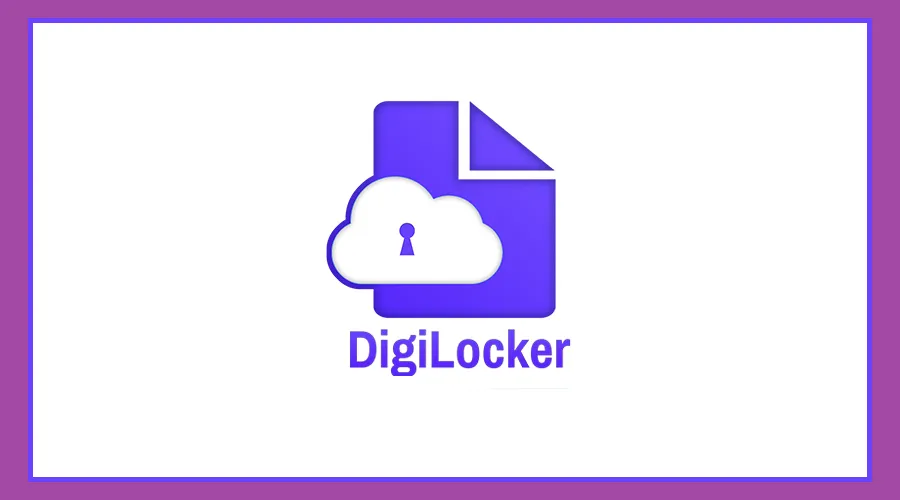The Securities and Exchange Board of India (SEBI) is planning to require the use of DigiLocker to help transfer financial assets after an investor’s death.
DigiLocker is a government digital storage system that will safely store the financial assets of investors, including shares and mutual fund units, in their Demat accounts.
This will make it easier for the investor’s nominee or heir to access and manage these assets.
Contents
How the Transfer Process Works
SEBI’s proposal suggests using DigiLocker to store important documents, such as Demat account statements and mutual fund unit details, after the investor’s death.
Once the investor passes away, DigiLocker will update the account and notify the nominee or heir. This will allow the nominee to manage
and transfer the financial assets, preventing them from becoming unclaimed. SEBI’s goal is to ensure that stocks and mutual funds are passed on to the rightful heir smoothly.
Seeking Public Suggestions
SEBI has asked for public suggestions on this proposal by December 31, 2024. The proposal includes making Demat and mutual fund statements available on DigiLocker
and having KYC Registration Agencies (KRAs) notify DigiLocker about an investor’s death. Users of DigiLocker can also nominate someone to access their account in case of death.
Notifying the Nominee Upon Investor’s Death
After an investor passes away, DigiLocker will update the account and notify the designated nominee or heir. This will allow the nominee to manage
and transfer the financial assets of the deceased investor. SEBI’s goal is to prevent these assets from becoming unclaimed and to ensure they are transferred to the rightful heir.
Suggestions Welcome by December 31
SEBI has proposed that depositories and mutual funds make their statements available on DigiLocker.
Additionally, KYC Registration Agencies (KRAs) should share the information of an investor’s death with DigiLocker. SEBI is accepting suggestions from the public on this proposal until December 31, 2024.

